EMS Intervention to Reduce Falls: Carmen Quatman and Katie Quatman-Yates
GeriPal
FEBRUARY 15, 2024
So Carmen and Katie developed an EMS Community Partnership program. They created a seamless link between this Community Partnership program and 911 calls for falls. Eric and I enjoyed talking with Carmen and Katie about this innovative and common sense approach to addressing falls in the community. What can we do as a community?


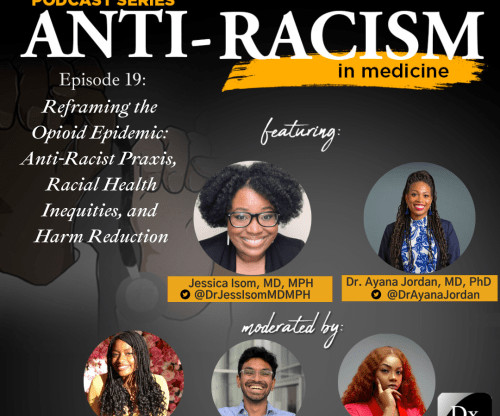
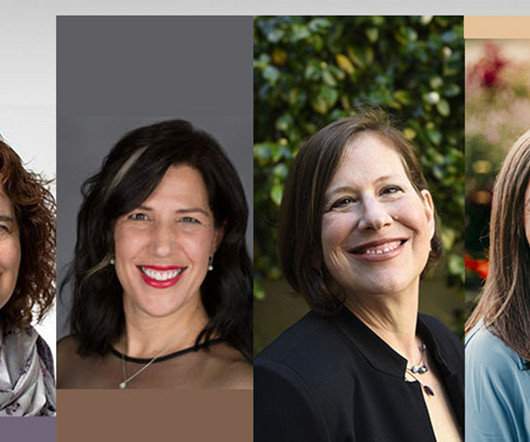


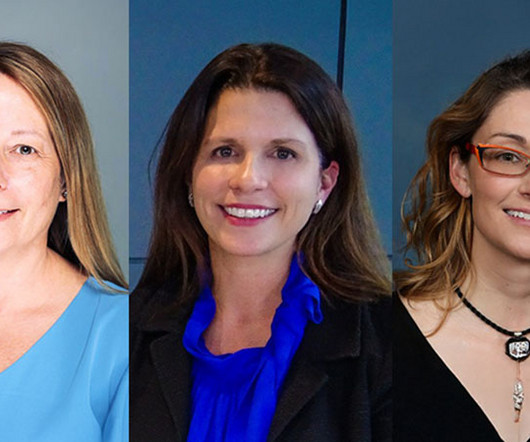



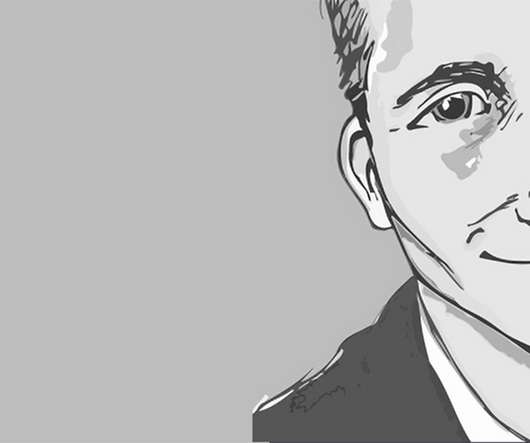
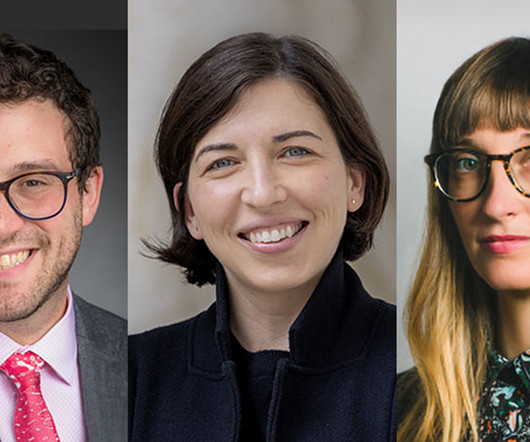
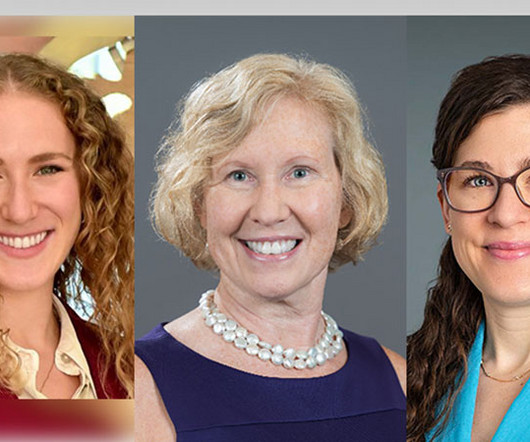






Let's personalize your content